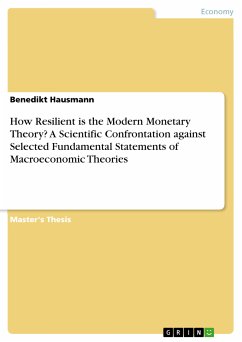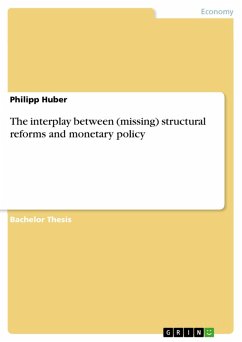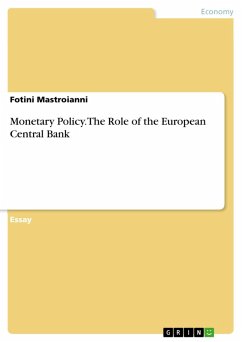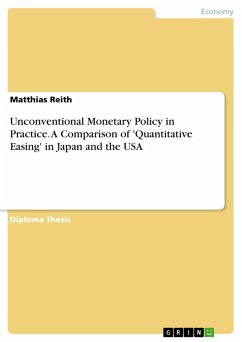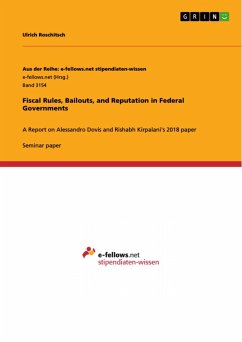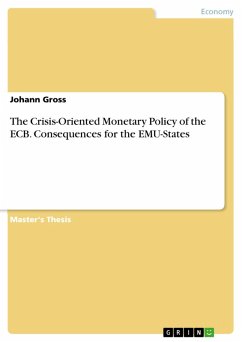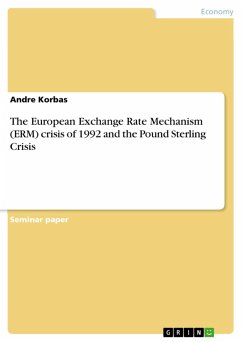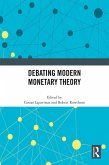Master's Thesis from the year 2021 in the subject Economics - Innovation economics, grade: 1,7, University of Applied Sciences Ludwigshafen, language: English, abstract: This thesis aims to provide an answer to the question how resilient Modern Monetary Theory is when being critically examined with regards to specific macroeconomic variables. Within each respective variable, MMT¿s standpoints and proposals are then compared with fundamental statements of mainstream economic theory representing the contemporary standard. Due to the fact that most literature dealing with MMT takes perspective from an American point of view, the findings of this thesis will generally apply to the scope of the United States and its economy. In recent years, a small group of like-minded economists who oppose most of the positions conventional economics have established as the contemporary standard has gained a lot of popularity and relevance within the public discourse, especially since the outbreak of the COVID-19 pandemic. They advocate the so called Modern Monetary Theory which contests the thought that governments which issue their own currency need to worry about taking on too much debt when undertaking fiscal policy measures because they can always create all the funds they require for clearing their debt by themselves. Within the MMT framework, the accumulation of additional government debt is a permanent feature and government expenditures are not limited by any budgetary constraints but only by the consideration of increasing inflation as a consequence of the excessive fiscal policy the theory recommends. Modern monetarists see an implementation of their theory and its proposals perfectly fit not only for overcoming crises such as the COVID-19 pandemic but also for the initiation of a paradigm shift away from economic theory focused on austerity towards a more human centered approach bringing broad and shared prosperity across all social classes. As this proclaimed paradigm shift is a very ambitious goal and MMT¿s proposals bear some powerful promises, a close investigation of the theory and its most fundamental features is required in order to make an assessment on the credibility of these claims.
Dieser Download kann aus rechtlichen Gründen nur mit Rechnungsadresse in A, B, BG, CY, CZ, D, DK, EW, E, FIN, F, GR, HR, H, IRL, I, LT, L, LR, M, NL, PL, P, R, S, SLO, SK ausgeliefert werden.

